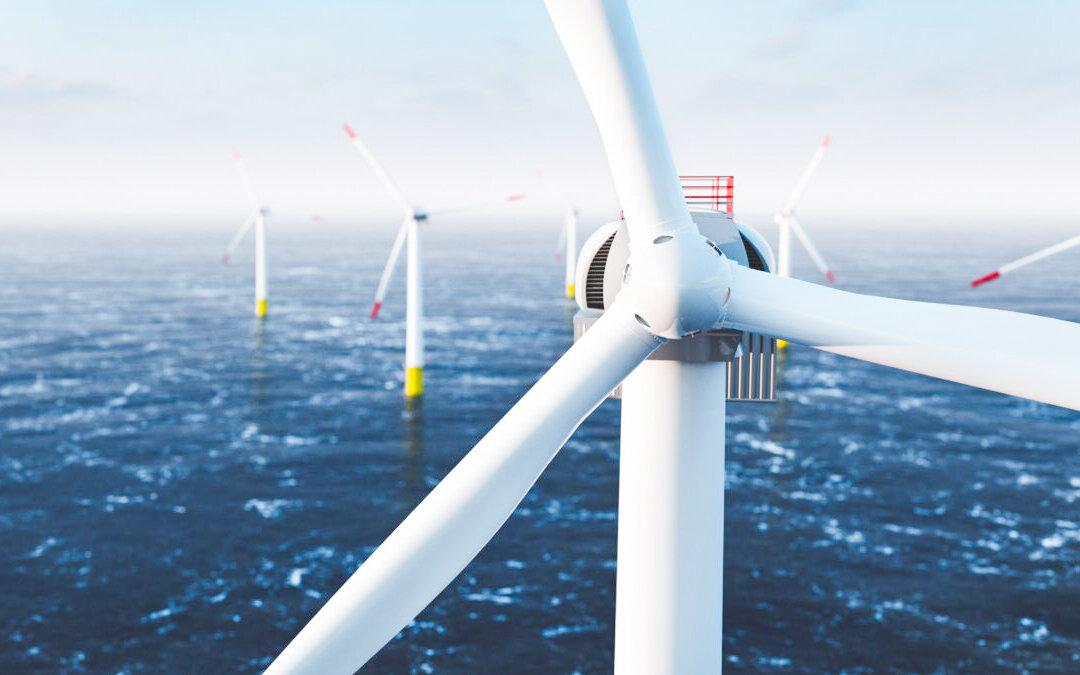A new report shows that many high-profile environmental organizations take money from wind power companies, raising questions about their independence and objectivity as the Biden administration pursues large-scale offshore wind projects along the coasts of the United States.
Titled “Conflicts of Interest,” the report was produced by the Save Right Whales Coalition, a group concerned about the potential impact of industrial-scale wind on the endangered North Atlantic right whale.





